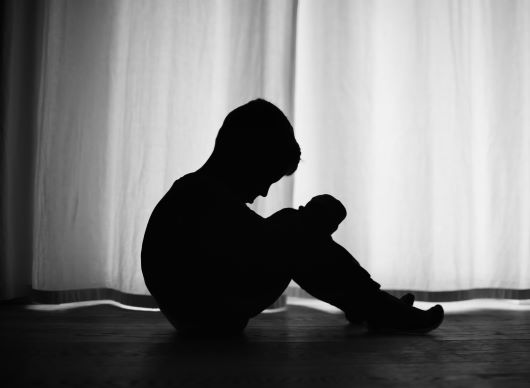NIHR Manchester Biomedical Research Centre (BRC)
and The University of Manchester are leading research to develop new face masks/coverings to tackle communication problems associated with their use.
Due to the COVID-19 pandemic the wearing of face masks/coverings (unless exempt) are now mandatory on public transport, in shops, hospitals and other situations in the UK. However, Manchester researchers Professor Kevin Munro and Dr Michael Stone from Manchester BRC have led the way in highlighting the challenges of face mask use for people with hearing impairment, writing the article “The challenges of facemasks for people with hearing loss” in May this year.
The researchers want to improve the design of face masks/coverings used by health professionals and the public. The study ‘Improved face-worn PPE designs for use by the public and professionals to reduce audio-visual communication difficulties’ has been funded with a grant of approximately £127,000 by the Biotechnology and Biological Sciences Research Council (BSRC).
One of the outcomes the team is aiming for is to produce a new design for a re-usable mask that could be made freely available – allowing it to be manufactured widely. The project brings together experts from across the North West in hearing health, sound engineering, materials and manufacturing experts, as well as people from the d/Deaf* community, who will help to shape the research.
Manchester BRC bridges the gap between new discoveries and individualised care through pioneering research. The BRC’s Hearing Health theme is improving the lives of adults and children by preventing potentially devastating congenital deafness, diagnosing acquired hearing deficits, and developing new treatments.
Professor Munro is the Hearing Health Lead for Manchester BRC and Director of the Manchester Centre for Audiology and Deafness (ManCAD) at The University of Manchester. He said: “Wearing a face mask may impair the ability for some people to communicate with ease because it can reduce the level of speech transmitted from the mouth and also prevents lip reading. At the very least, removing visual cues can make communication more taxing because of the mental exertion required to listen, especially when there is background noise.
“There are many people with hearing loss who were able to manage but will struggle with the widespread use of masks. According to the World Health Organization (WHO), there are 1.33 billion people globally with hearing loss. So, a huge section of society could be subjected to mask misery.”
Dr Gabrielle Saunders, Senior Research Fellow at the University of Manchester who manages Manchester BRC’s Hearing Device Centre has identified “style of communication” is also an overlooked factor which has affected communication when using masks. Her findings “Impacts of face coverings on communication: an indirect impact of COVID-19” have been published in the International Journal of Audiology. Dr Saunders said: “Facial expressions are used extensively in communication, even among hearing people. People have reported to us a loss of connectedness, and less willingness to engage in conversation. Other effects reported were increased anxiety and stress, as well as fatigue, frustration and embarrassment. Interestingly, these altered emotions were recorded for both the speaker and the listener.”
Dr Michael Stone, Co-lead of the Manchester BRC Hearing Device Research Centre, said: “While the respirator masks for frontline health and care workers can filter 95 per cent of tiny particles, they are much more likely to distort and reduce the level of speech. This makes communication particularly difficult at a time of heightened anxiety and when the content of conversations is novel and unpredictable.
“Coronavirus tends to take a more severe form in older people, many of whom are likely to suffer from hearing loss. This means that those admitted to a hospital are especially vulnerable when it comes to communicating when using masks.
“We have identified a number of ways in which face mask/covering use is adversely affecting communication and note how this could lead to social isolation. With this research we want to tackle an urgent problem that affects everyone now; and will also outlast the current pandemic.”
Collaborators on the project include Professor Trevor Cox, Professor of Acoustic Engineering at the University of Salford and industry partners in the local cotton industry.







